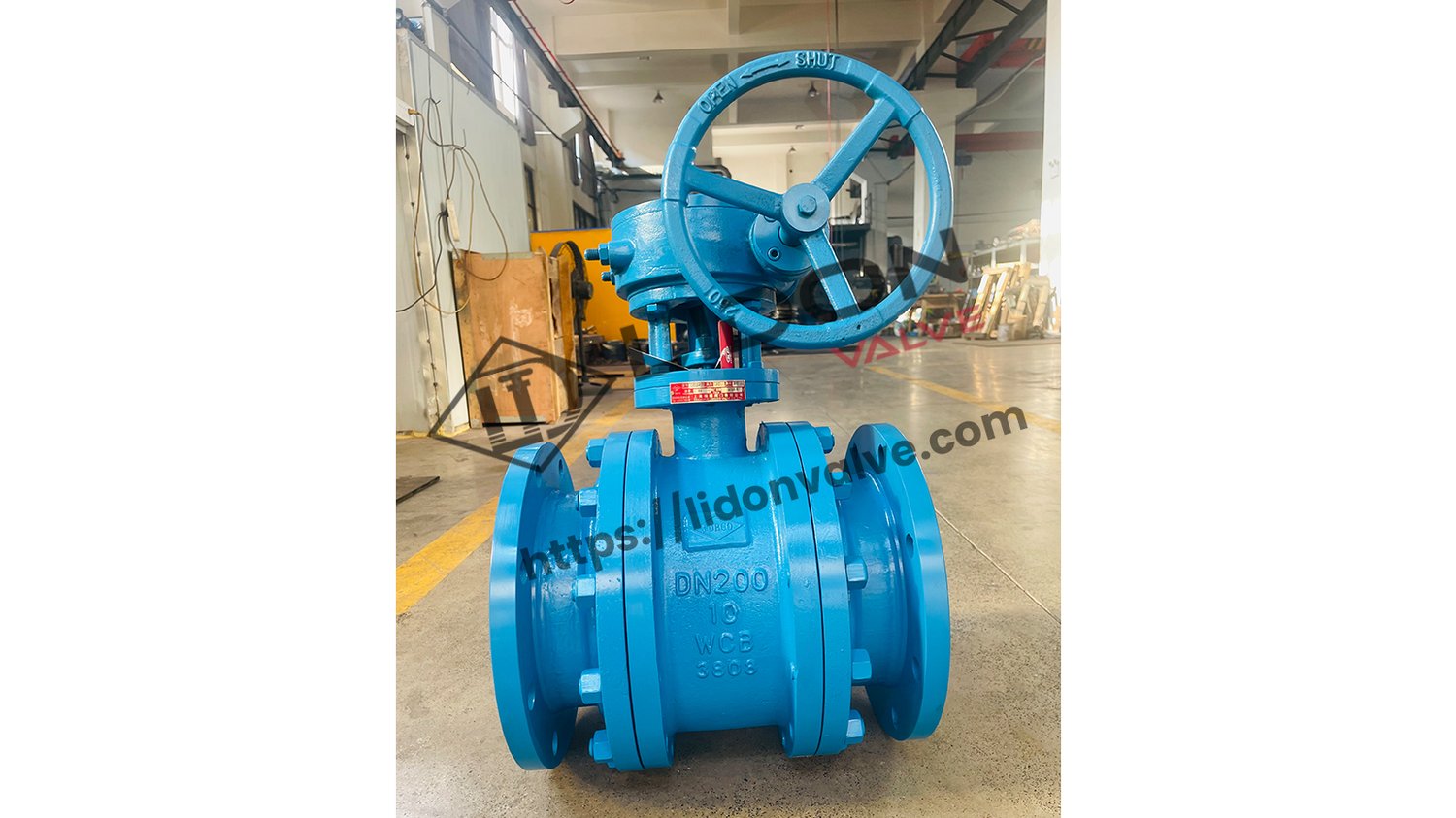CPVC (Chlorinated polyvinyl chloride) ball valves are gaining popularity in the plumbing industry. From residential to commercial settings, these valves prove their worth in various applications. But Are CPVC ball valves good?? This article dives into the qualities, benefits, and drawbacks of using CPVC ball valves.
What Are CPVC Ball Valves?
CPVC ball valves are a type of plastic valves that control the flow of liquid or gas. They consist of a spherical closure, a body, stem, and handle. The closure features a bore that rotates to open and close the flow. CPVC ball valves have a maximum working pressure of 232 PSI and can withstand temperatures up to 200°F.
Benefits of Using CPVC Ball Valves
The benefits of using CPVC ball valves are:
- Chemical resistance: CPVC ball valves are excellent in handling acidic and corrosive fluids as they resist chemical attacks.
- Durability: CPVC ball valves can last for years and require minimal maintenance.
- Cost-effective: CPVC ball valves cost less than metal valves and offer the same level of performance.
- Easy installation: CPVC ball valves are lightweight, making them easy to install and handle. They also do not require welding or soldering.
Drawbacks of Using CPVC Ball Valves
While CPVC ball valves are a good choice for some applications, they also have drawbacks:
- Limited temperature range: CPVC ball valves can only handle temperatures up to 200°F. If exposed to higher temperatures, they can become brittle and fail.
- Not suitable for high-pressure applications: CPVC ball valves have a maximum working pressure of 232 PSI, making them unsuitable for high-pressure applications.
- Not UV resistant: CPVC ball valves are not resistant to UV rays, making them unsuitable for outdoor applications.
Applications of CPVC Ball Valves
CPVC ball valves find applications in:
- Residential plumbing systems: CPVC ball valves are ideal for plumbing systems as they resist chemical attacks and are easy to install.
- Chemical processing plants: CPVC ball valves are used in chemical processing plants as they are resistant to acids and corrosive fluids.
- Water treatment plants: CPVC ball valves are used in water treatment plants to control the flow of water and chemicals.
Installation and Maintenance of CPVC Ball Valves
Installing CPVC ball valves is relatively easy. They can easily be connected to CPVC pipes using solvent cement. However, it is crucial to follow the manufacturer's instructions to avoid leaks and other problems.
Maintaining CPVC ball valves is also easy. Since they are resistant to corrosion and do not require lubrication, periodic cleaning and inspection are enough to keep them in good working condition.
Conclusion
Are CPVC ball valves good? Yes, CPVC ball valves are a good choice for applications involving chemical resistance, durability, and cost-effectiveness. However, they have limitations in terms of temperature range, pressure handling, and UV resistance. Before using CPVC ball valves, it is essential to evaluate the application requirements and assess whether they are suitable for the job.

